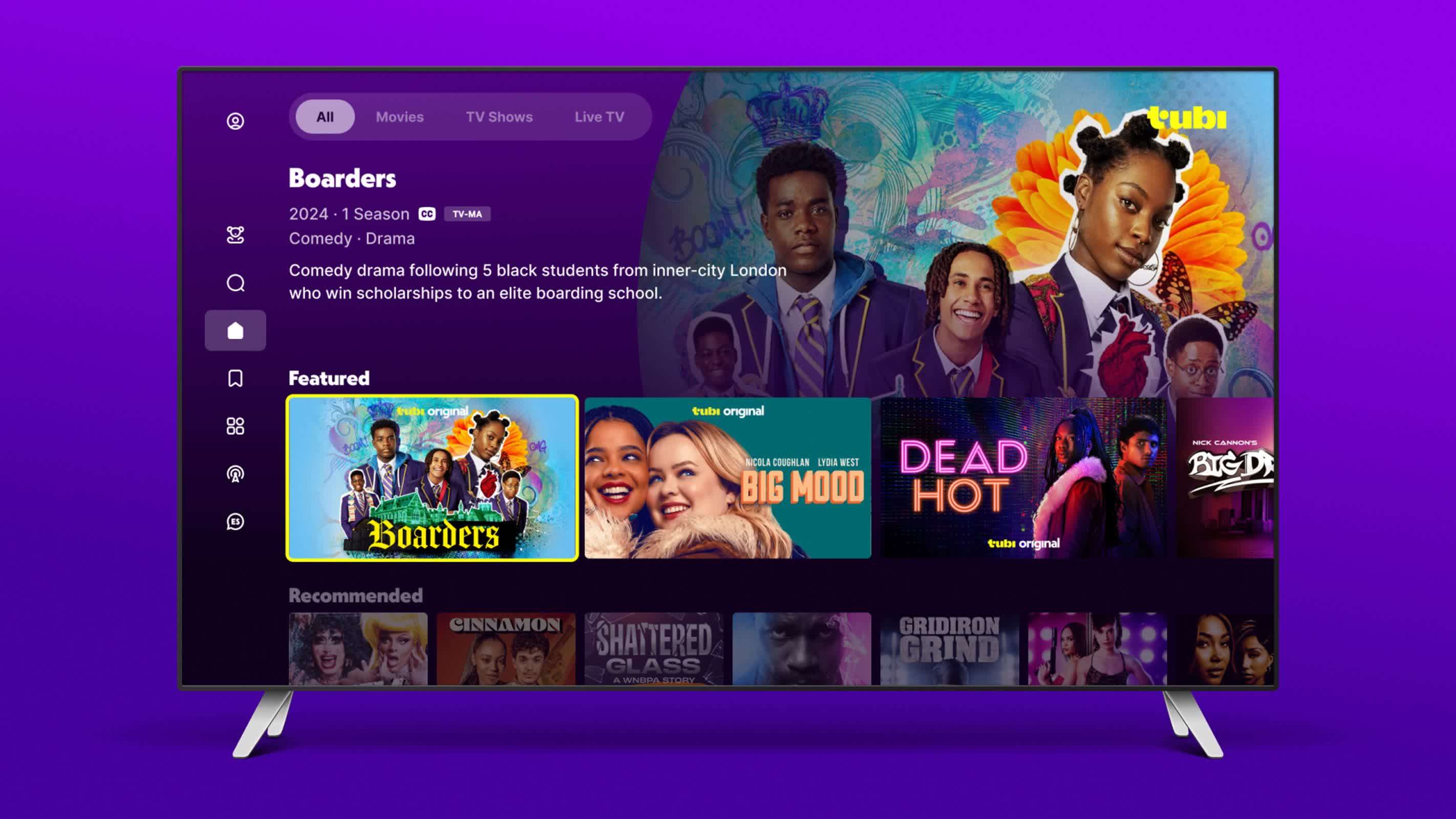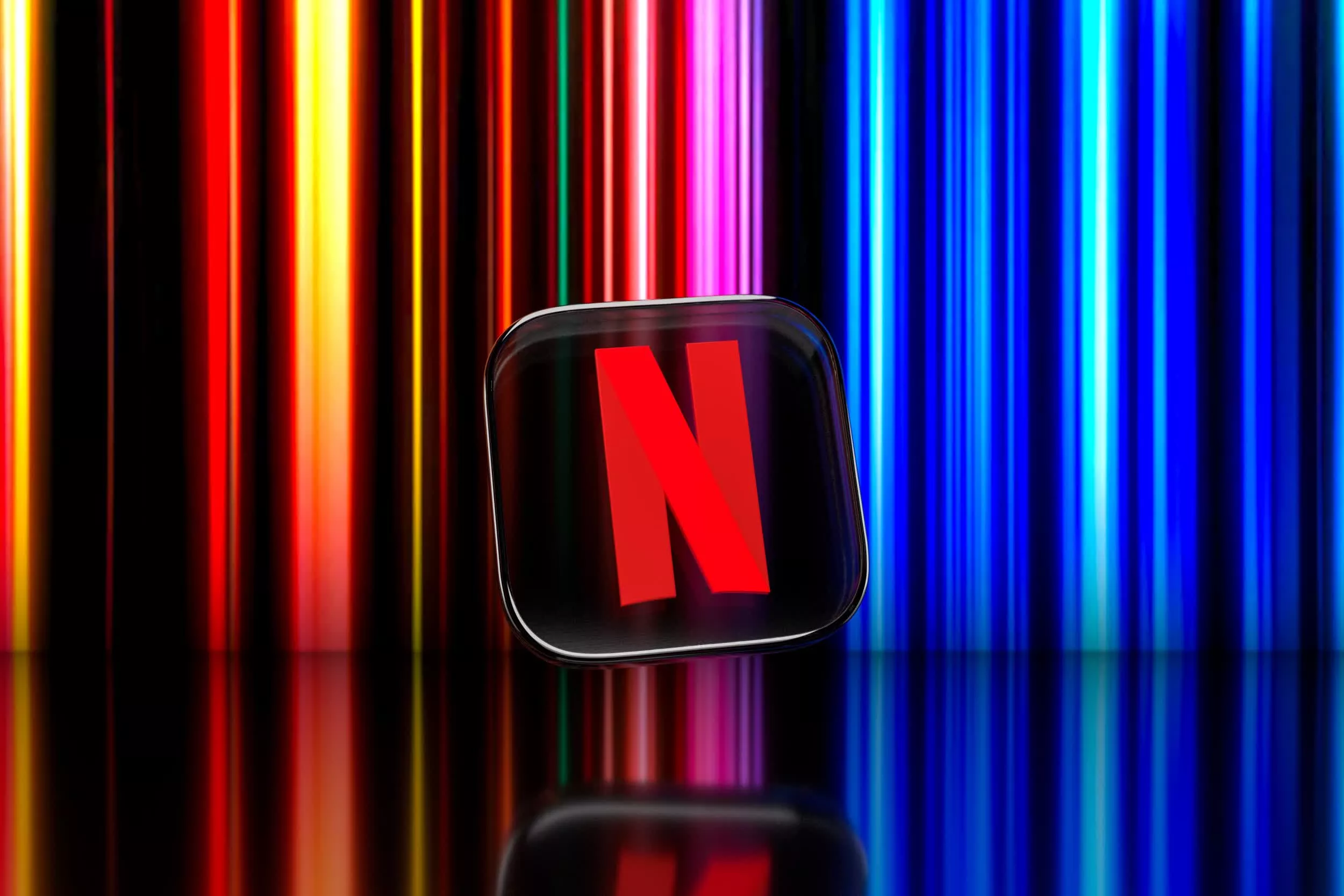In a nutshell: The rise of streaming connected TVs mark a significant shift in how we consume media and how advertisers reach us. And while it offers unprecedented access to content, it also raises questions about privacy, data collection, and the future of advertising.

In recent years, the television landscape has undergone a dramatic transformation – and in many ways, its changes have escaped the notice of consumers and even policy makers, according to a sweeping new report by the Center for Digital Democracy (CDD). The 48-page account paints a picture of how, beneath the surface of the endless entertainment that these services provide lies a sophisticated surveillance system that has turned our TVs into powerful monitoring and targeting machines.
An example of this change is Tubi, a free video service that has become the face of connected TV (CTV) and is now the dominant way Americans consume television content. With 78 million viewers and 270 free, advertiser-supported TV (FAST) channels, Tubi has captured a significant audience, particularly among young, female, and multicultural viewers.
Tubi's business model revolves around harvesting detailed viewer information using cutting-edge advertising technology. Its partnerships with major data brokers and ad-tech players enable them to deliver highly personalized marketing across channels. Its data-engineering division employs over 70 machine learning models to personalize every aspect of the user experience, from content recommendations to search results.
But Tubi is hardly alone in such activities. The streaming industry now includes not only subscription services like Netflix and Amazon Prime but also FAST channels offered by Tubi, Pluto, and Roku. Device manufacturers like Vizio, Samsung, and LG have developed their own channels, joined by television versions of popular apps like YouTube TV.

Major players in the industry, such as the Walt Disney Company, have developed sophisticated big-data and advertising systems for their streaming operations. Disney has amassed profiles on 110 million households and 260 million devices that can be targeted for advertising using proprietary and precision advertising categories.
The connected TV industry captures viewer data in multiple ways, including the programs we watch, the content on our screens, and the increasing number of interactive ad formats. It has also incorporated many of the data-surveillance marketing practices that have long undermined privacy in the online world.
For example, CDD tells of how Hershey's worked closely with Amazon to promote its candy products via streaming TV. Amazon gave the company access to its storehouse of data so Hershey's could market its products on Amazon's streaming services and ensure the candy brands would come up first on the e-retailer's search results.
Hershey's also made use of impulse buy strategies on the Amazon platform, including cart intercepts, which prompt a customer to "add in snacks as the last step in their online shopping trip, mimicking the way someone might browse for candy during the checkout at a physical store."

Television manufacturers are also an active participant in this new ecosystem, with viewer surveillance now built directly into television sets. These companies gather extensive data from viewers, including the programs they watch, the digital devices they use, and their shopping behaviors.
LG Electronics, as one example, not only manufactures smart TVs but also operates a CTV marketing division. This May, LG Ad Solutions adopted an ad approach using first-party data that "enhances targeting capabilities" across various platforms. The year before, it entered into a partnership with consumer-data company Acxiom, purchase-data provider LoopIQ, and Nielsen to further the capabilities of advertisers.
"LG Ad Solutions has teams of data scientists, including at a location in India, engaged with projects designed to further its ad-targeting capabilities," the CDD said. "The TV set and digital marketing company is working to further enhance the ability of advertisers to deliver "shoppable" programming."
This industry will only continue to evolve, the CDD said. A new generation of advertising is coming online that leverages generative AI, identity management, and other technologies to create powerful, personalized marketing messages. These ads are seamlessly inserted into viewing experiences, often in real-time, and can follow individuals beyond the TV screen onto all their other digital devices – and even into the real world, when they go shopping.
This reach into our physical lives includes the alliances that CTV companies are forming with supermarkets and other retailers, drawing from extensive sources of online and offline data, including TV viewing and shopping behavior. In June 2024, for example, leading grocery chain Albertsons launched a "Collective TV" operation designed to "unlock" data gathered from its retail operations along with streaming digital TV. Albertsons' partners for its streaming video targeting include LiveRamp and Google.
Streaming has transformed TVs into a data-driven surveillance system